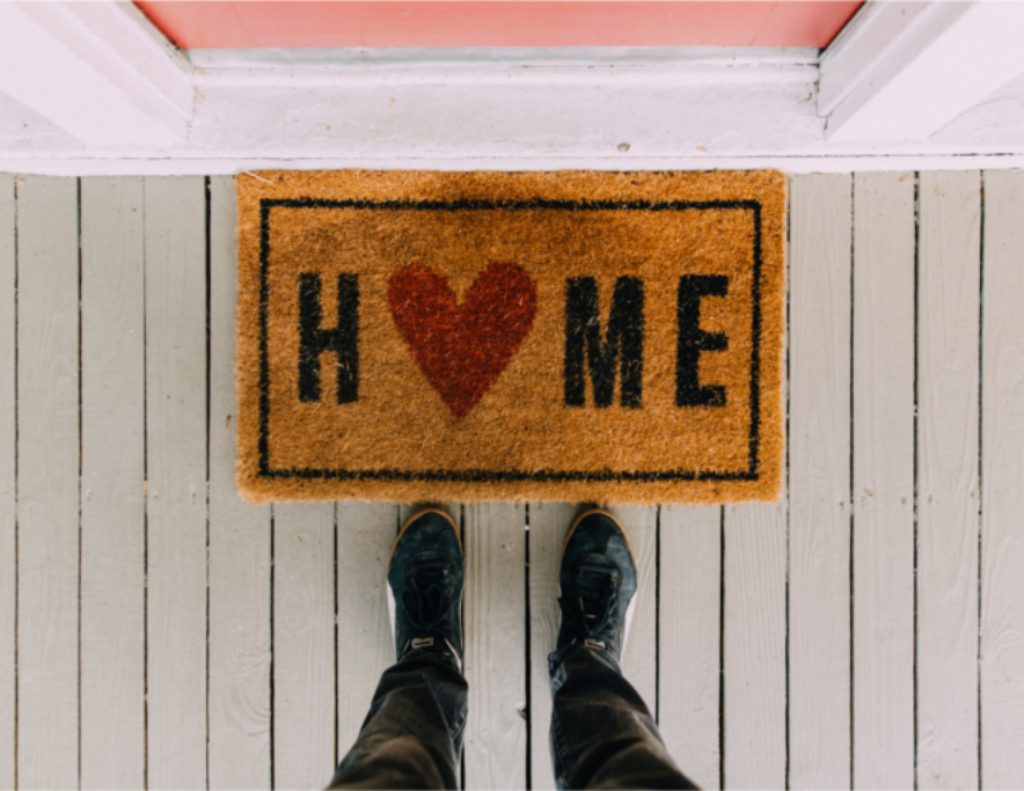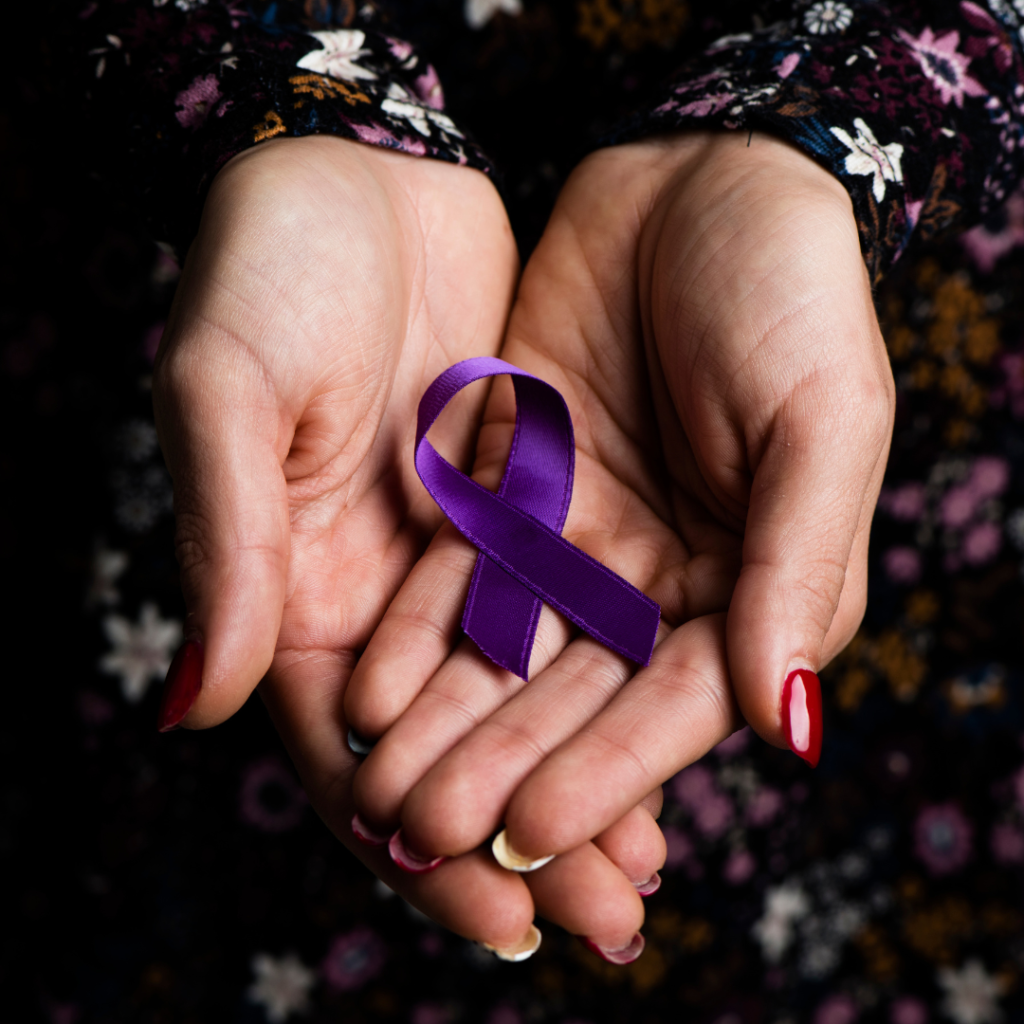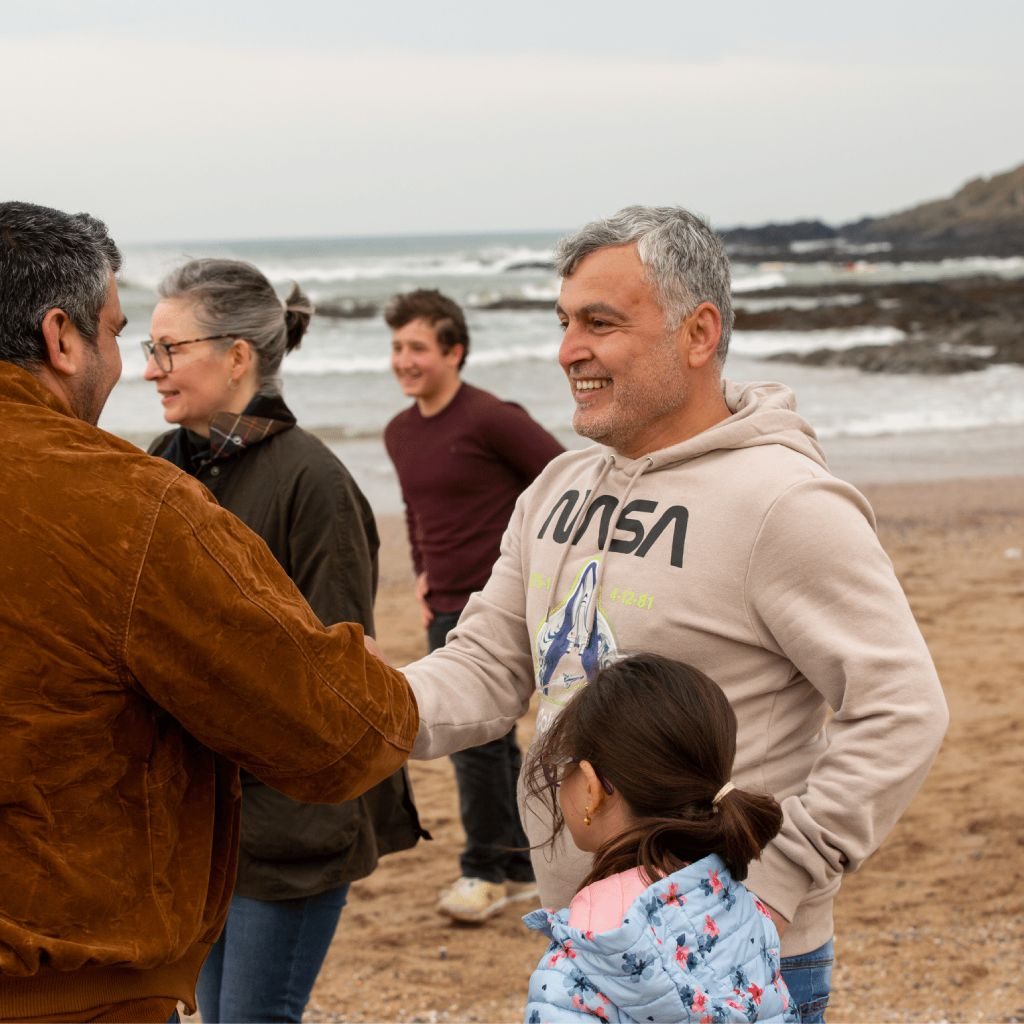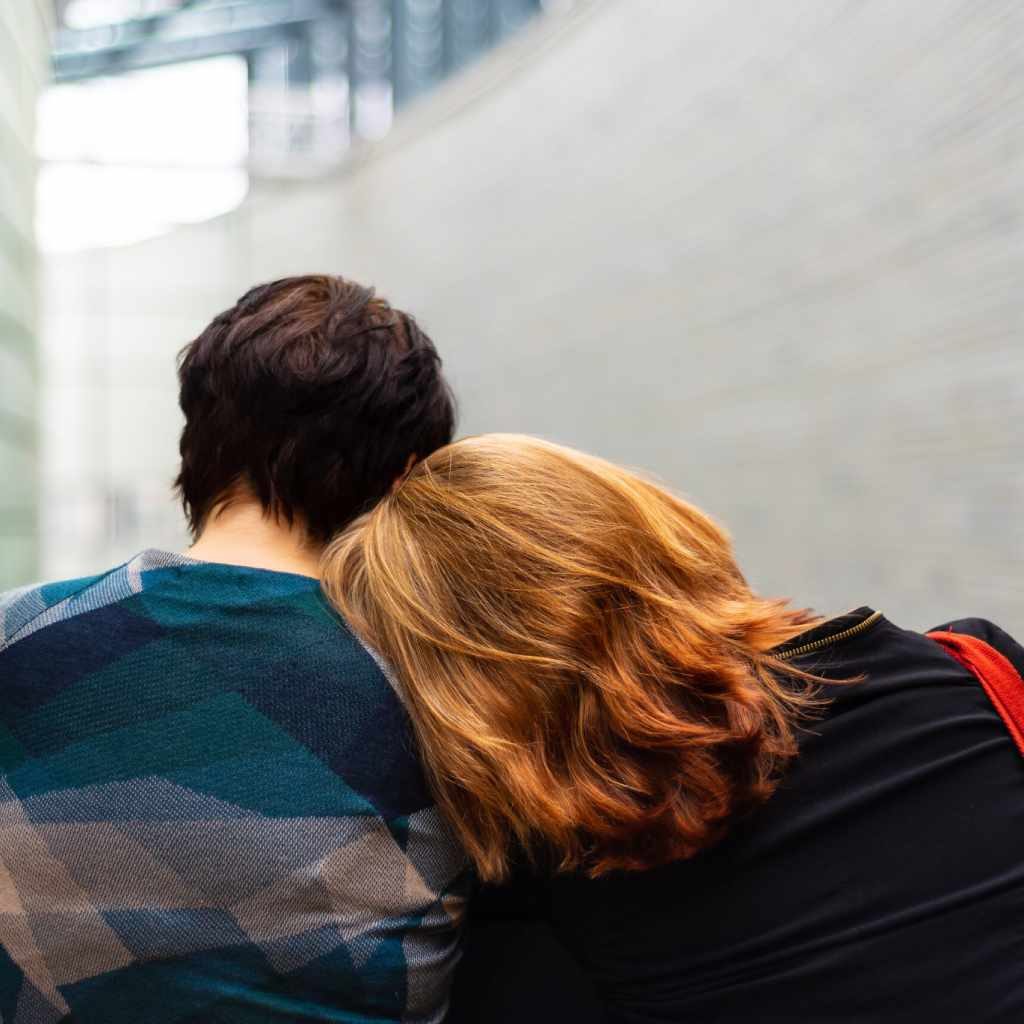The Ukraine Permission Extension Scheme

The Ukraine Permission Extension Scheme The Ukraine Permission Extension (UPE) scheme is for those who currently have permission to live in the UK under any of the Ukraine Schemes and still require sanctuary in the UK. To apply for the UPE you need to have been granted permission to stay in the UK in any […]
Domestic Abuse – Supporting Survivors

Domestic abuse can be described as an incident or pattern of incidents of controlling, coercive, threatening, degrading and violent behaviour, including sexual violence. Usually, the abuse is from a partner or ex-partner, but it can also be from a family member or carer.
A Hosting Experience

When your guests arrive you may find yourself in a new situation: living with people you never met before, uncertain of what to do and how to approach challenges, and yet equally, in charge of things as it’s your home.
Culture Corner: Ukrainians in the UK

Are you hosting a Ukrainian? Would you like to learn more about the cultural differences you may encounter? Katia, who is Ukrainian herself, has shared with us what she discovered about the differences between Ukrainian and UK culture.
Supporting the Wellbeing of Your Guest

“In many ways, mental health is just like physical health: everybody has it and we need to take care of it. Good mental health means being generally able to think, feel and react in the ways that you need and want to live your life. But if you go through a period of poor mental […]
Trauma Awareness and Self-Care for Hosts

Mental health, self care and being aware of trauma are things that we think hosts should be aware of. Becoming a host will expose you to many situations that you might not know how to approach, both for you and your guests. This resource is not a tool to diagnose or treat those who are experiencing the effects of trauma but to raise awareness and guide hosts on how to best offer understanding and support to refugees.
Financial Matters

Financial matters under the Homes for Ukraine Scheme can be confusing. We’ve made this resource to help you get a better idea of finances related to the scheme. For most people, talking about financial matters can be uncomfortable and daunting, especially with new guests in your home that you want to make feel welcome.
Considering Empowerment, Boundaries and Power Imbalance when Hosting

The people you support have been displaced from their homes. They’ll be adjusting to a new culture, way of working, and new customs. They may be navigating this alone, with no connection with people other than you and those living in your household at first.
Finding your hosting style

When your guests arrive you may find yourself in a new situation: living with people you never met before, uncertain of what to do and how to approach challenges, and yet equally, in charge of things as it’s your home.
Your Safeguarding Responsibilities

We all have a responsibility to one another to prevent ourselves and one another from harm. Your local authority will have a safeguarding board and when you meet, you should make sure that you ask about how you can report a safeguarding concern relating to the person you are sponsoring should it is needed.

